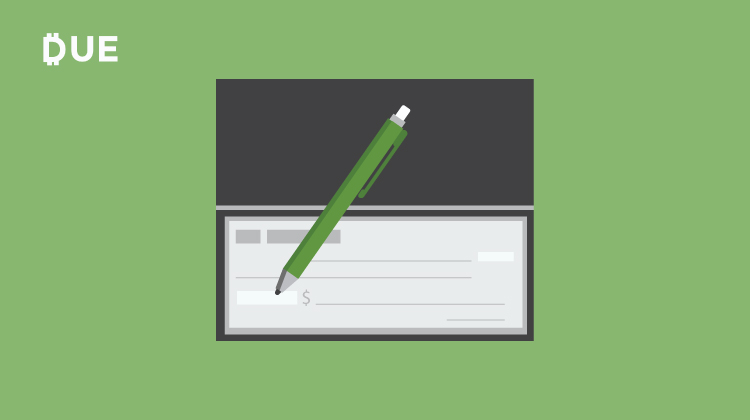Requesting upfront payment on an invoice is a fairly standard practice. A deposit allows you to secure engagement with your client and gives you a bit of working capital to get started. It simply makes sense. The question is, should you always request upfront payment from clients or are there times to forego it? That said, here’s everything you need to know about requesting deposits on invoices.
Table of Contents
ToggleAdvantages of Requesting a Deposit
Provides Upfront Working Capital
Deposits are very useful because it provides you with upfront working capital to confidently begin the project. For longer projects this can be especially useful. Let’s say the project goes on a bit longer than expected and you realize you’re short to pay some of your bills. You’re not going to ask the client to pay you early as that looks unprofessional. If you ask for payment upfront it gives you a bit of breathing room in case things get pushed back.
Improves Working Relationship With The Client
When you ask for a payment upfront from a client it will ensure they are fully invested in the project from the start. When your client has money on the line they’ll do whatever it takes to make the project successful. Whether it’s by providing input or external resources you can use all the help you can get. If a client has no money down then other projects that have their finances tied up will take priority. Remember…money talks.
Gives You Leverage Upon Project Completion
Hopefully your clients are easy-going and make payments on time. If that isn’t the case then you’ll want to have some leverage once the project is complete. If you request a deposit on the project then your client is highly incentivized to complete payment so they can receive the goods and or services rendered. With no money on the line your client will likely take their time to make payments or even worse not pay at all.
When to Request a Deposit
New Clients with No Relation
Nowadays remote work is becoming increasingly popular. Often times you’ll never meet your clients face to face. That said it creates a bit of insecurity when it comes to payment. This where deposits come into play. For any new client that has no prior relation to you it’s always best to request a deposit.
Long-Term Projects
When invoicing a client for a long term project it’s typically a good idea to request a deposit. Consistent cash flow is imperative for any businesses survival regardless their size. That said, requesting a deposit on long term projects will provide you with enough upfront cash to stay afloat during the course of the engagement.
When a Deposit Isn’t Necessary
The Client is a Reputable Company or Referral
This is the only time when a deposit is not necessary with new clients. If your client is a reputable company or they were referred to you by a friend you can be confident there won’t be issues with payment. However you should always trust your instinct when it comes to client engagements.
You’ve Developed a Strong Working Relationship With Your Client
As your clients start coming back for more business your relationship with them will surely improve. Sending invoices and completing payments typically cause the most friction between client and contractor. That said you should try to limit the number of times you bill your client. If you’ve developed a strong working relationship with your client and they have a good record of on-time payment, then its probably okay to save payment until the end.
Final Thoughts
Requesting deposits on invoices definitely has it’s clear benefits. However they aren’t always necessary depending on the client and task at hand. When requesting a deposit it’s really up to you as to how much you’re going to charge upfront. If you have your suspicions about the client you can charge as much as 50%, however if you’re that worried it’s probably best to ditch the client all together. That said, make sure you reference this article the next time you’re looking to request a deposit on an invoice.















